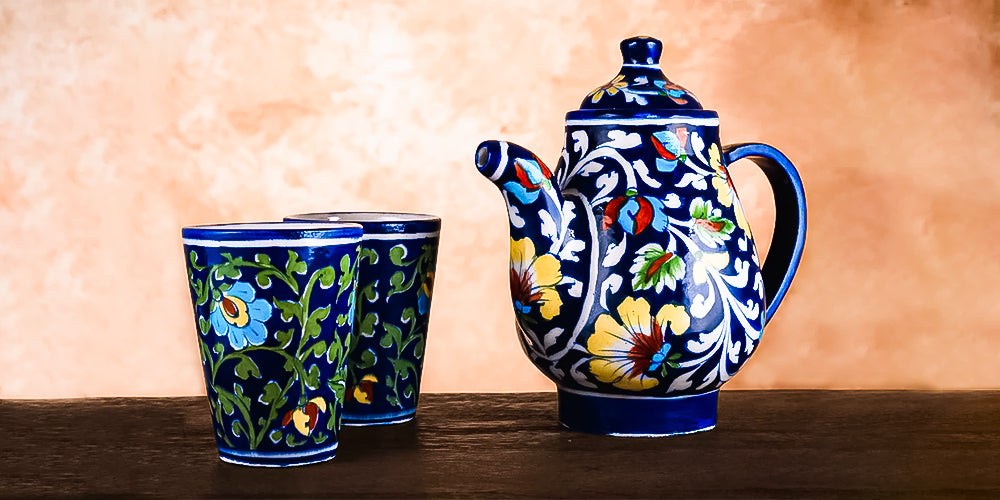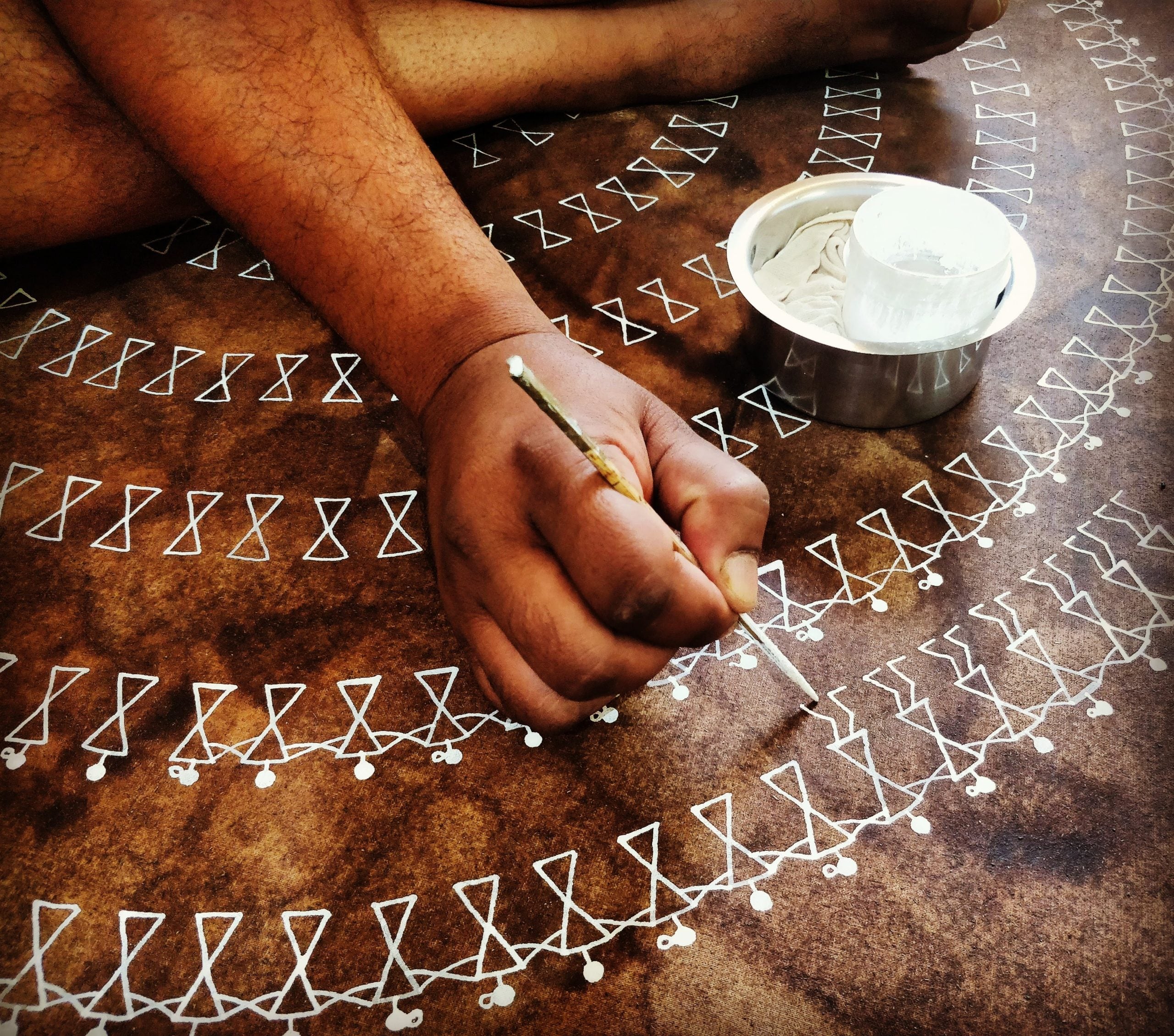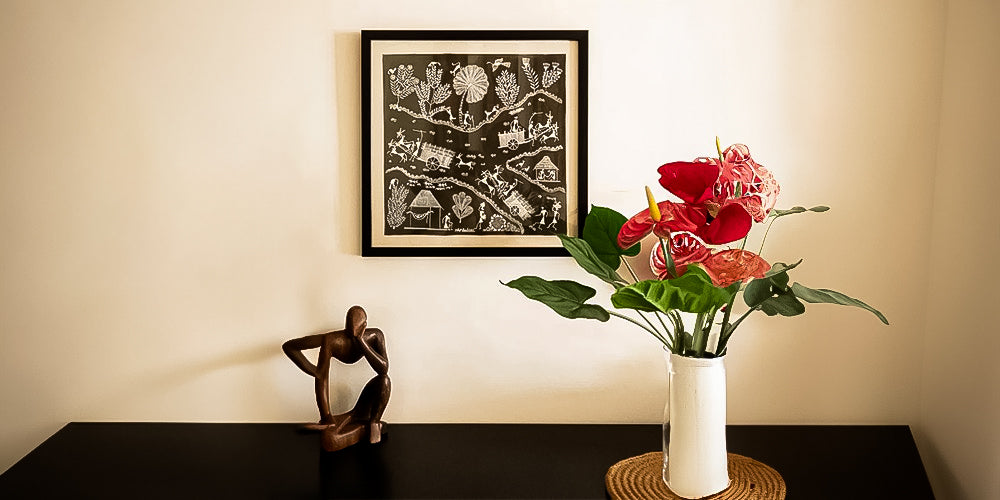In the realm of ceramic arts, Jaipur Blue Pottery emerges as a mesmerizing masterpiece. Distinct from its counterparts, this traditional craft from the heart of Rajasthan, India, transcends the ordinary.
Introduction
Jaipur Blue Pottery, a centuries-old craft, is renowned for its distinctive azure hues and intricate designs. In a world saturated with ceramics, what sets this art apart?
History and Origin
Rooted in Jaipur's rich cultural tapestry, this unique pottery dates back to the Mughal era. The craft blends Persian, Turkish, and Indian influences to create a spellbinding mosaic of culture and artistry.
Materials and Techniques
Unlike conventional ceramics, Jaipur Blue Pottery ditches the conventional clay for a blend of quartz stone powder, powdered glass, Multani Mitti (Fuller’s Earth), and borax. The technique involves a fascinating process of hand glazing and low-temperature firing, resulting in the distinctive azure shades.
Intricate Designs
What truly captivates connoisseurs are the intricate hand-painted designs. Floral motifs, geometric patterns, and depictions of nature come to life, reflecting the artisan's meticulous craftsmanship.
Versatility in Functionality
Jaipur Blue Pottery transcends mere aesthetics. From ornate plates and bowls to vibrant tiles and figurines, the versatility of this craft finds a place in both décor and daily life.
Contemporary Appeal
While deeply rooted in tradition, Jaipur Blue Pottery seamlessly embraces modernity. The art form has evolved to include contemporary designs, making it a timeless addition to any space.
Conclusion
In the kaleidoscope of ceramic arts, Jaipur Blue Pottery stands out, weaving tales of tradition, artistry, and vibrant elegance. Each piece is not just an artifact but a testament to a cultural legacy that continues to capture hearts globally.



Leave a comment
All comments are moderated before being published.
This site is protected by hCaptcha and the hCaptcha Privacy Policy and Terms of Service apply.